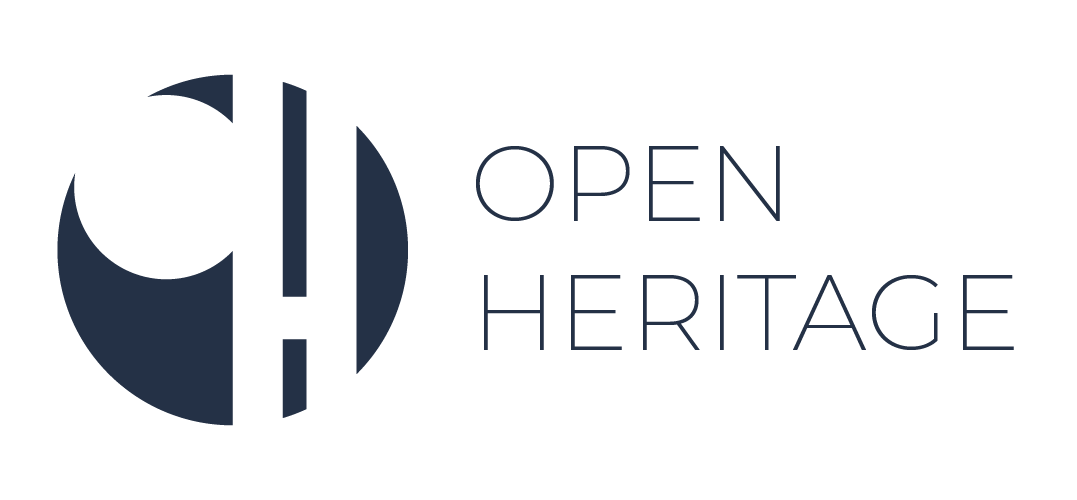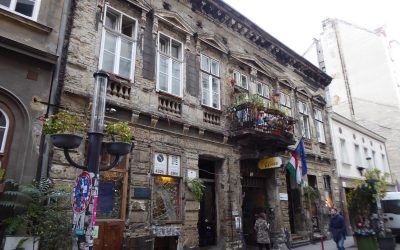Observatory Cases
Observatory Cases are ongoing, advanced experiments of adaptive re-use of heritage sites. They are practices that present prototypes of innovation in the realm of community/stakeholder involvement, resource integration, financial management or having an area-based, territorial approach. Many of them have a deep social mission, aiming to increase the social integration of vulnerable people, and the re-use is regarded as part of creating a more sustainable, eco-friendly way of development. OCs are important knowledge resources and they present a crucial link between analysis and practice. They inform scientific research, model-formation, tool development and implementation during the project. Furthermore, by connecting theoretical research and institutional analysis to the pragmatic aspects of protecting, renovating and managing heritage sites in different contexts across Europe, the selected OCs will help the project increase the adaptability and transferability of the established models. Finally, OCs offer the possibility of a micro level analysis of how adaptive re-use practices take place, and how local, regional and national regulations and even norms/traditions influence the possibility of adaptive re-use.
The work package focuses on the complex, integrated analysis of 16 OCs that provide the micro level in the multi-level analytical framework of OpenHeritage. Work within the WP will focus on a contextualised understanding of how adaptive re-use works in practice, how the specific local circumstances interact with the larger institutional and regulatory framework, and how this interaction influences the outcome of the specific re-use projects. The 16 OCs have been selected to reflect a diversity of geographical situations and heritage assets involved, and also to provide important insights and good examples in one of the three aspects of the inclusive model of adaptive re-use put forward by OpenHeritage: community/multi-stakeholder involvement, resource integration and regional/territorial integration. To achieve its aims the WP will produce an individual analysis of the OCs, an overarching comparison among them, and focus on the questions of transferability. These activities will also facilitate the production of the database that, accessible to a wide audience but also applicable for teaching purposes in higher education, will be an important mean to display how the actual practice of adaptive heritage re-use and the macro- level regulations are connected.
WP1 WP3
A pub with a social mission: introducing Szimpla in the Jewish District of Budapest
The so-called Jewish District is a historical neighborhood, UNESCO World Heritage zone in the center of Budapest. Recently it has also been known as the “Party District” or “Ruin Bar District,” the...

